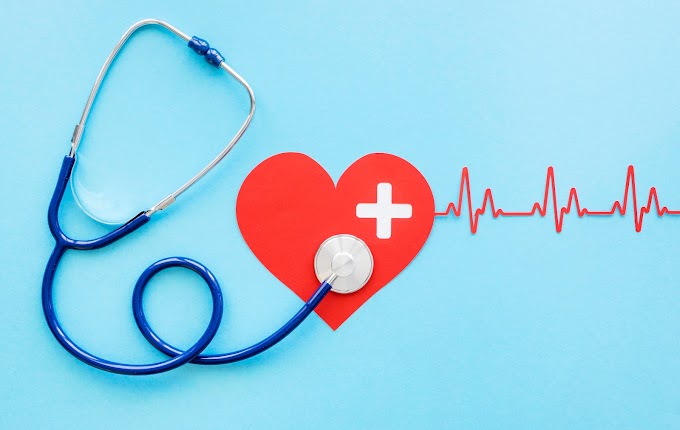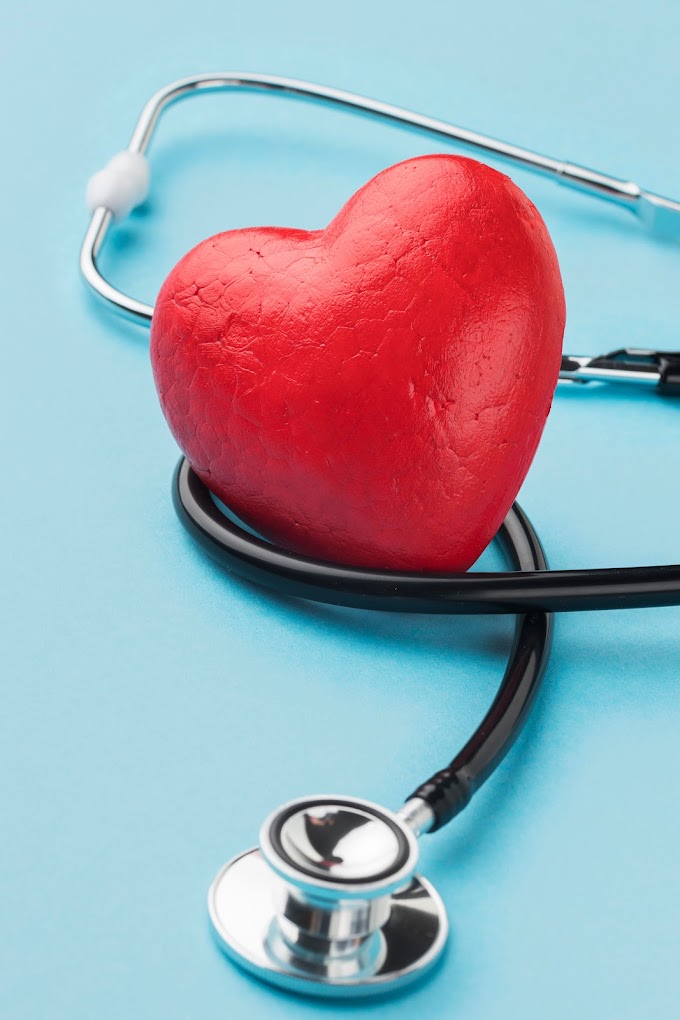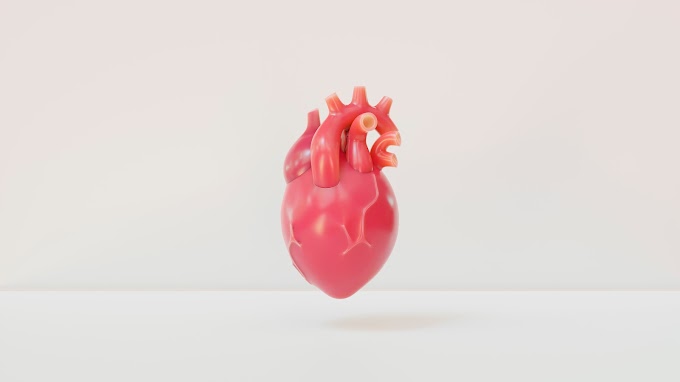Millions of individuals worldwide suffer from hypertension, commonly referred to as high blood pressure.
If addressed, it can result in major health issues such as an elevated risk of heart disease, stroke, and kidney damage. Getting your blood pressure checked frequently is one of the greatest methods to keep an eye on it and identify any potential problems early.
What does blood pressure mean?
The force of blood pressing against your artery walls while your heart pumps blood throughout your body is known as blood pressure. Systolic pressure, which is the upper number, and diastolic pressure, which is the lower number, are used to measure it. Generally speaking, a normal blood pressure reading is 120/80 mmHg. Anything over normal blood pressure is regarded as high130/80 mmHg.
Why is getting your blood pressure checked important?
The term "silent killer" is frequently applied to high blood pressure due to its lack of symptoms. This implies that a large number of persons with high blood pressure are ignorant of their condition until they develop a significant health issue. Regular blood pressure checks will help you detect problems early on and take action to control and lower your blood pressure before it causes more serious concerns.
Who needs to have their blood pressure examined?
Even in the absence of symptoms or risk factors for high blood pressure, it is advised that individuals have their blood pressure checked at least once every two years. But some Individuals who may require more regular blood pressure checks include:
Individuals over 40; those who are overweight or obese; and those who have a family history of high blood pressure
Those who smoke; those who have sedentary lives; those who have diabetes; and those with high cholesterol
How can your blood pressure be measured?
There are several methods available for getting your blood pressure measured:
- You can go see your physician or another medical expert, who can take your blood pressure with a stethoscope and blood pressure cuff. This type of measurement is called an office or clinic blood pressure check.
- You can get a blood pressure monitor for your house and take your own readings there. This might be a ideal choice for those who find it difficult to travel to a doctor's office or who wish to check their blood pressure more regularly.
- You can go to a drugstore or medical facility that does blood pressure checks. Automated blood pressure monitors are widely available in pharmacies and clinics. These devices are simple to operate and give rapid, precise readings.
What does an individual's blood pressure mean?
Usually, blood pressure values are expressed as two numbers:
- The top number, or systolic pressure, indicates the pressure within your arteries during a heartbeat. Systolic pressure is around 120 mmHg.
How can your blood pressure be measured?
There are several methods available for getting your blood pressure measured:
- You can go see your physician or another medical expert, who can take your blood pressure with a stethoscope and blood pressure cuff. This type of measurement is called an office or clinic blood pressure check.
- You can get a blood pressure monitor for your house and take your own readings there. This might be a ideal choice for those who find it difficult to travel to a doctor's office or who wish to check their blood pressure more regularly.
- You can go to a drugstore or medical facility that does blood pressure checks. Automated blood pressure monitors are widely available in pharmacies and clinics. These devices are simple to operate and give rapid, precise readings.
What does an individual's blood pressure mean?
Usually, blood pressure values are expressed as two numbers:
- The top number, or systolic pressure, indicates the pressure within your arteries during a heartbeat. Systolic pressure is around 120 mmHg.
- The bottom figure, diastolic pressure, indicates the pressure in your arteries in between heartbeats. The diastolic pressure is typically 80 mmHg.
If the measurement of your blood pressure is continuously higher than 130/80 mmHg, your Your doctor may identify you as having hypertension and suggest medication or lifestyle modifications to help lower your blood pressure.
How can your blood pressure be lowered?
There are various lifestyle adjustments you can make if you have high blood pressure to help lower it:
- Consume a diet rich in fruits, vegetables, whole grains, lean meats, and low in sodium.
Engage in regular activity for at least 30 minutes a day, such as riding, swimming, or walking.
If the measurement of your blood pressure is continuously higher than 130/80 mmHg, your Your doctor may identify you as having hypertension and suggest medication or lifestyle modifications to help lower your blood pressure.
How can your blood pressure be lowered?
There are various lifestyle adjustments you can make if you have high blood pressure to help lower it:
- Consume a diet rich in fruits, vegetables, whole grains, lean meats, and low in sodium.
Engage in regular activity for at least 30 minutes a day, such as riding, swimming, or walking.
- Eat a balanced diet and engage in regular exercise to maintain a healthy weight.
- Try to keep your alcohol consumption to one drink for ladies and two for men each day.
- If you smoke, give it up.
- Reduce tension by using relaxation methods, like as yoga, meditation, or deep breathing.
- If necessary, take any prescription drugs that your doctor has given.
You can help lower your blood pressure and lower your chance of experiencing major health issues down the road by adopting these lifestyle modifications.
In summary, sustaining your general health and wellbeing depends in large part on having your blood pressure monitored on a regular basis.
You can help lower your blood pressure and lower your chance of experiencing major health issues down the road by adopting these lifestyle modifications.
In summary, sustaining your general health and wellbeing depends in large part on having your blood pressure monitored on a regular basis.
Monitoring your blood pressure and managing it if it is elevated is crucial since high blood pressure is a common ailment that, if left untreated, can cause major health issues.
You can lower your blood pressure and improve your health by receiving frequent blood pressure checks and implementing lifestyle modifications.


.jpg)


.jpg)




.jpg)



0 Comments